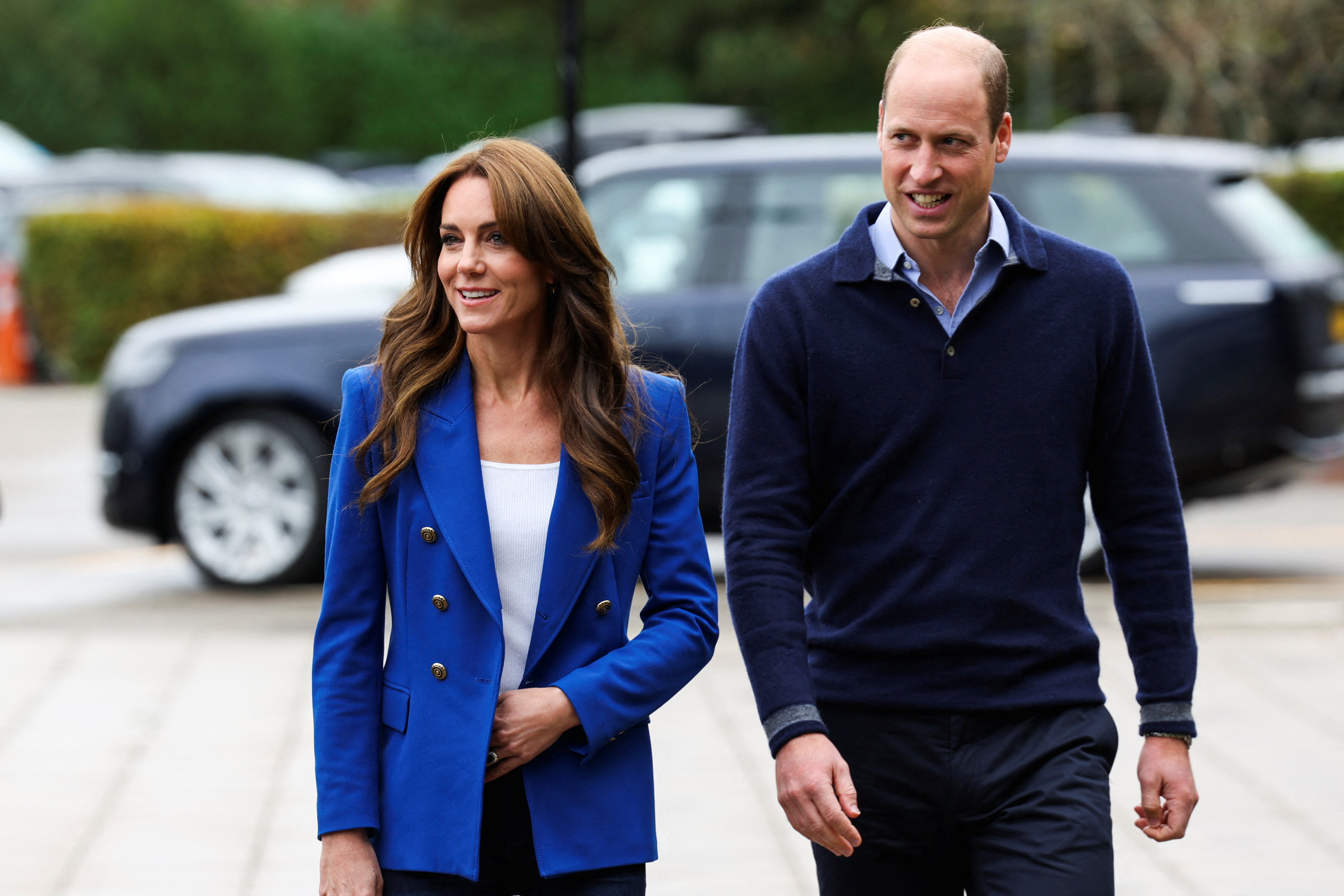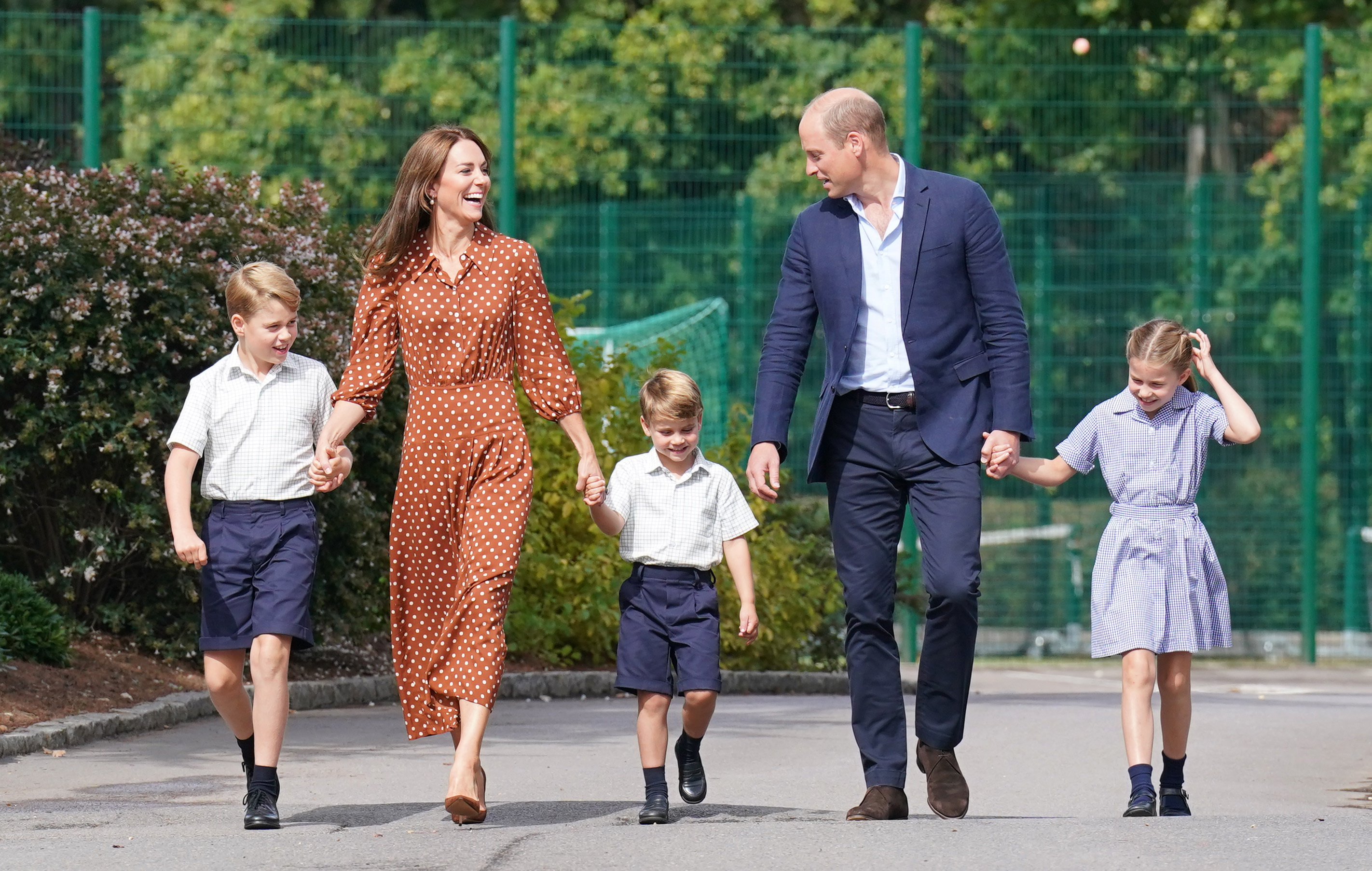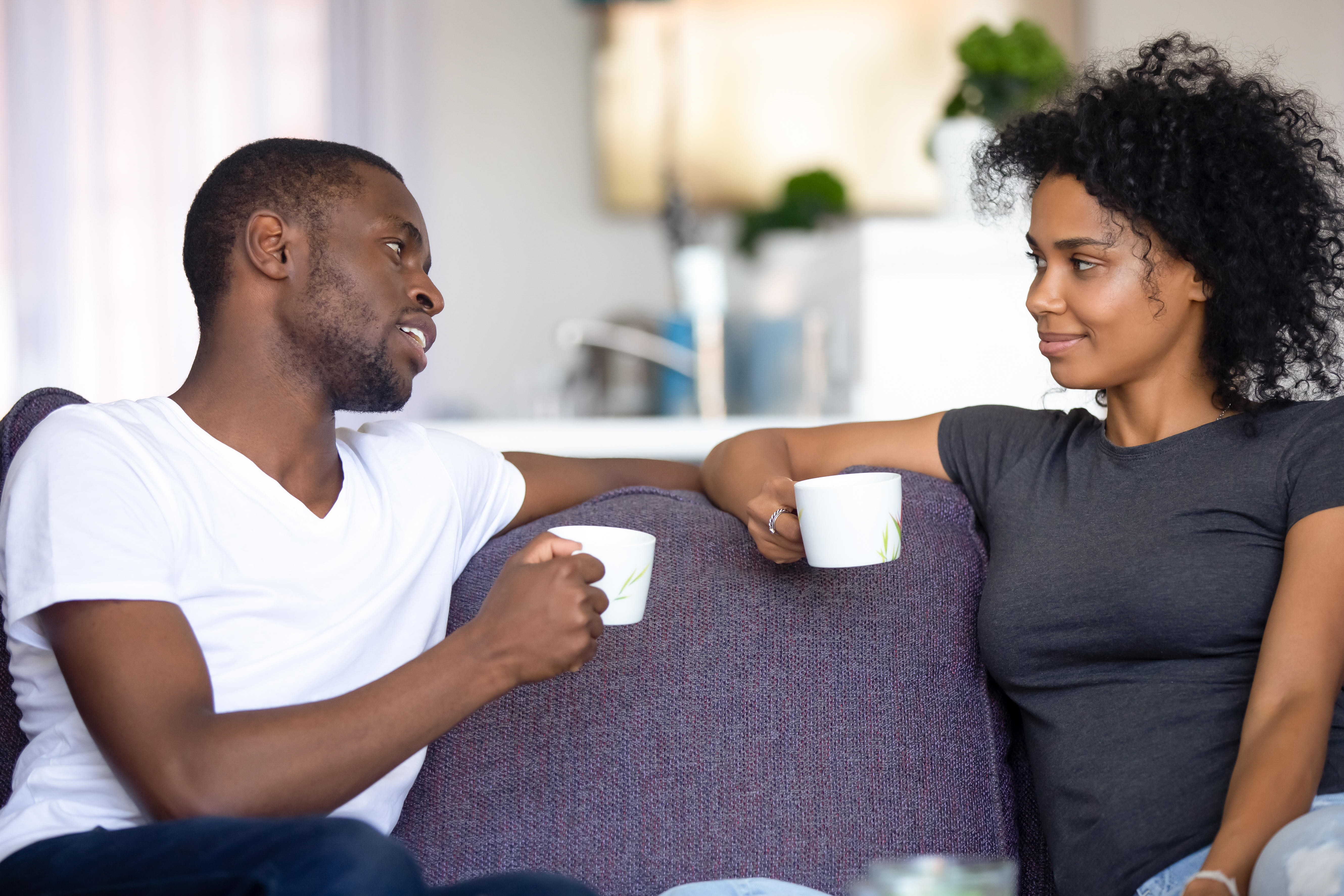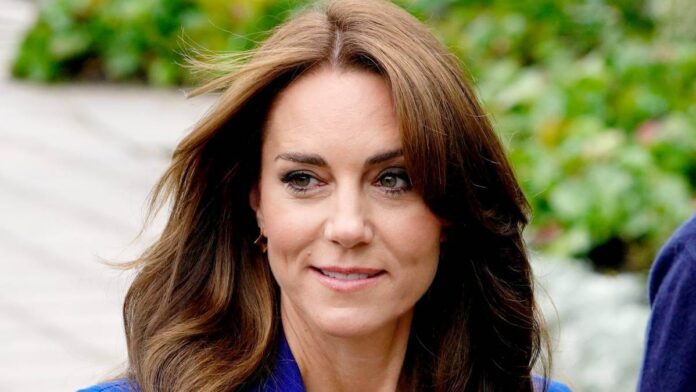The Princess of Wales has revealed she has cancer, saying her husband has been “a great source of comfort and reassurance” for her.
The announcement comes after weeks of public speculation about her health, following her January visit to hospital for abdominal surgery.
In a video message released on Friday she said that she was in the early stages of preventative chemotherapy.

“This of course came as a huge shock, and William and I have been doing everything we can to process and manage this privately for the sake of our young family,” Kate, 42, said.
“As you can imagine, this has taken time. It has taken me time to recover from major surgery in order to start my treatment. But, most importantly, it has taken us time to explain everything to George, Charlotte and Louis in a way that is appropriate for them, and to reassure them that I am going to be okay.
“As I have said to them; I am well and getting stronger every day by focusing on the things that will help me heal; in my mind, body and spirits.
“Having William by my side is a great source of comfort and reassurance too.”
This is how charities recommend you can support a loved one with cancer.
Provide support
According to Macmillan Cancer Support, it’s important to support your partner, while letting them take as much responsibility as they can for things such as their care, the family unit and other decisions.
Keeping an open dialogue with your partner is key, talking about how you both feel, while also accepting help from family members and friends should you need it.

Embrace a changing role
Every situation is different, but cancer can put pressure on a relationship, and change how your respective roles look – particularly when it comes to things like housework, finances and social activities.
“This can lead to resentment, or you may feel guilty that you are not doing enough. These changes can be hard for you and your partner. It is important to talk to each other about how you feel and what matters to you,” Macmillan says.
Keeping an open dialogue can help with this, and Macmillan also recommends making time for each other – doing things you enjoy and talking about things other than cancer – and working out how you cope as a couple.
Try to listen
This is key advice for supporting anyone with cancer, not just a partner.
You don’t need to have all the answers, but just listening to a loved one’s thoughts and feelings can have a huge impact.
To be a better listener, Cancer Research UK recommends letting the person with cancer lead the conversation without interrupting them, maintaining eye contact without staring, talking in a private and relaxed setting, and avoiding trying to cheer them up if they cry – instead reassuring them it’s okay to be sad, as it’s a normal response to what’s happening to them.
The charity also advises against falling into traps like giving advice if the person with cancer hasn’t asked for it, and using humour inappropriately.
Silence is okay – you don’t have to fill every break in the conversation with words.
Explore intimacy together
Cancer can impact someone’s life in a variety of ways – everybody’s experience is different.
But recent research from Macmillan in partnership with sexual wellness brand Lovehoney found that almost 23 per cent of people living with cancer in the UK are concerned about their sex lives or romantic relationships.
When the research came out, Tracey Palmer, Macmillan information and support manager at Whittington Health NHS Trust, said: “We know that for many, sex and intimacy following a diagnosis is a huge concern and thousands of people with cancer are suffering in silence, causing a huge amount of stress and anxiety.”

If cancer and its treatment is impacting sex between you and your partner, Macmillan recommends talking to your partner first and foremost and, if appropriate, encouraging them to talk to professionals.
“Make time for yourself and your partner, and helping them feel more confident, as they might be feeling self-conscious about how they look depending on the situation.
Take care of yourself too
“Remember, although you have not been diagnosed, you are going through your own experience of cancer. It is okay to ask for help for yourself as well as for your partner,” Macmillan says.
Visit Cancer Council of Victoria here for more support.
Has a love one of yours been diagnosed with cancer? How did you cope? Why not share your experience in the comments section below?
Also read: Prostate cancer – could this oddly named device help?
– With Prudence Wade

